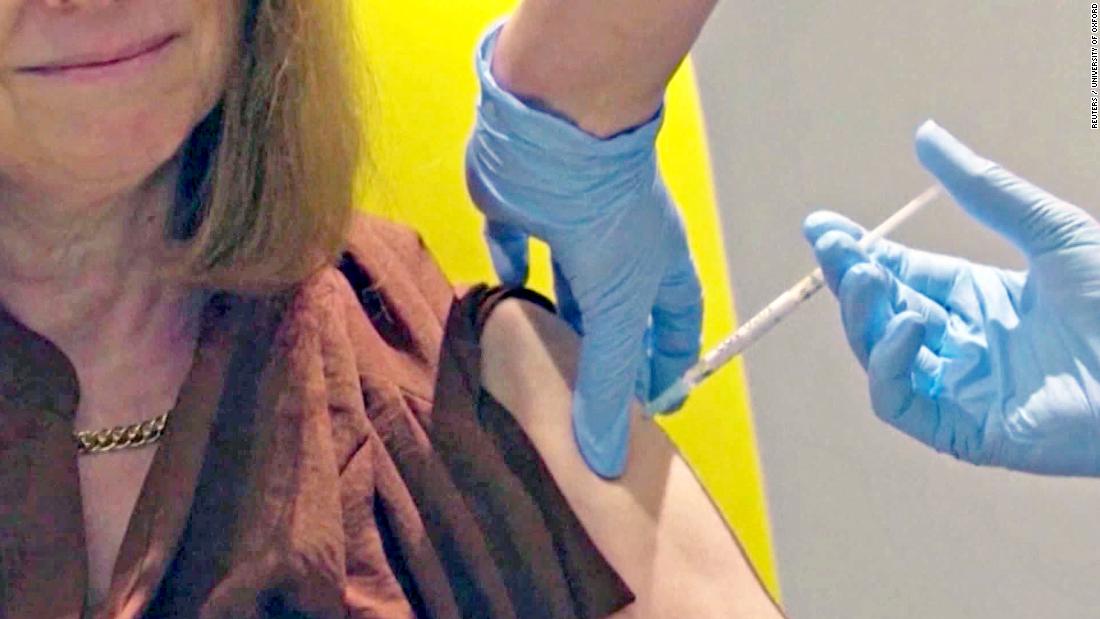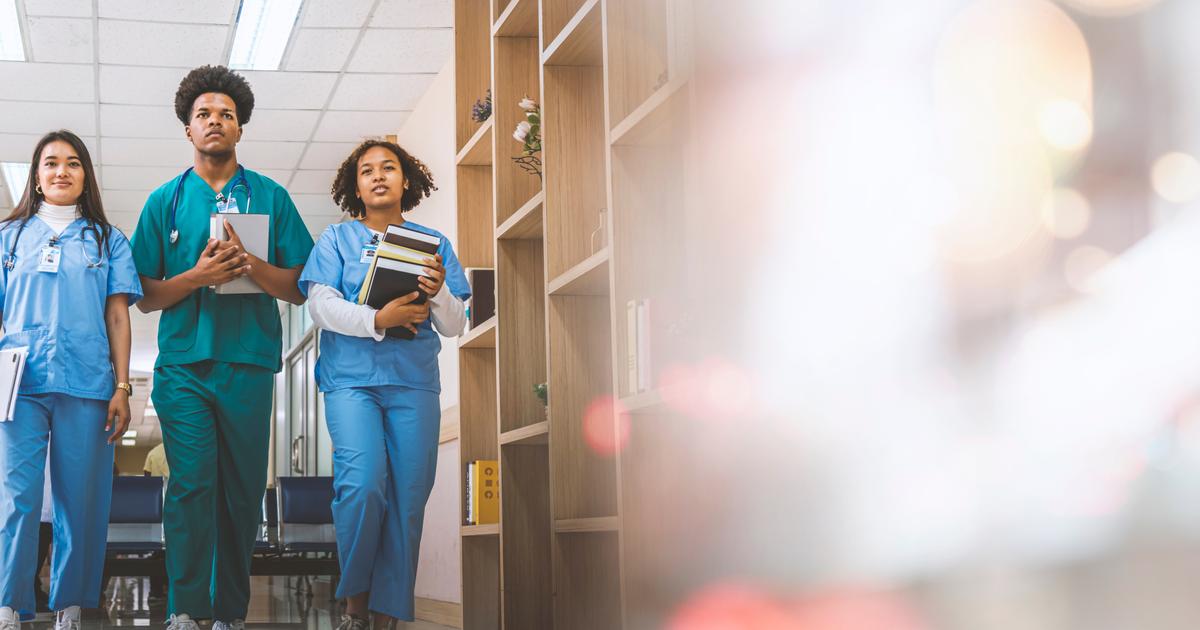4 keys to the AstraZeneca vaccine 2:00
(CNN Spanish) -
AstraZeneca and the University of Oxford announced last week that their coronavirus vaccine has an average effectiveness of 70%.
According to the pharmacist, the vaccine is more effective, that is, 90%, if half the dose of the vaccine is applied in the first dose followed by the entire dose 28 days later.
In this episode, Dr. Huerta explains why and tells us about a recent Gallup poll on vaccination intentions in the United States.
You can listen to this episode on Apple Podcasts, Spotify, or your favorite podcast platform, or read the transcript below.
Two recent good news about covid-19 vaccines were added to those already announced in the previous weeks.
advertising
The first comes from the United Kingdom, where it was announced that the candidate vaccine from the AstraZeneca laboratory and the University of Oxford had an average effectiveness of 70%.
The curious thing about this news - as we will explain in a moment - is that the study volunteers who received half the dose of the vaccine, followed by a full dose, had a better response than the volunteers who received two full doses of the vaccine .
The second news comes from the United States, where a recent survey has revealed that the percentage of people who are willing to get vaccinated has increased in recent weeks.
The AstraZeneca Vaccine and Oxford University
According to a press release from the pharmaceutical company, some 23,000 people participated in phase 2 and 3 studies in the UK and Brazil.
The volunteers who received the experimental vaccine were divided into two groups.
The first received a full dose of the vaccine, followed by another full dose 28 days later.
The second group only received half the dose, followed by a full dose 28 days later.
What is striking about the study is that in those volunteers who received the two full doses of the vaccine, the effectiveness of the vaccine in preventing infection was only 62%, while in those volunteers who received half the dose in the first place, the effectiveness was 90%.
That finding is really curious, because one would expect that people who received two full doses of the vaccine should respond better than those who only received one and a half doses.
Why is it more effective this way?
There is no accurate explanation for this phenomenon.
An article from the BBC suggests that it could be that the human defense system, when receiving a high dose of the first dose of vaccine - which has a cold virus as a vehicle or vector - simply rejects it because it considers it too large.
But it could also be, says the article, that receiving a first low dose of vaccine would elicit a better response because it is more similar to a natural infection.
The fact is, AstraZeneca will most likely decide that its vaccination schedule is a starting half dose, followed by a full dose 28 days later, so - as Professor Andrew Pollard, the study's principal investigator, said - there would be many more. doses of the vaccine to distribute.
Britain's Prime Minister Boris Johnson said he expects the vaccine to be ready for the British public by Easter 2021.
When would the vaccine be available?
Without a doubt, science is on the right track in having various vaccines for the world population.
This is the third vaccine, which, with solid scientific data, is 90% or more effective in preventing infection.
The others are Pfizer and Moderna.
Having a portfolio of various vaccines that are adapted to the socioeconomic and distribution realities of the various countries will be the best way to control the pandemic.
In this regard, the AstraZeneca, Johnson & Johnson and Chinese vaccines do not require freezing for storage, while those of Pfizer and Moderna do.
Finally, a Gallup poll in the United States, conducted during the last two weeks of October, has found that 58% of those who responded to the survey would be willing to receive a Covid-19 vaccine when it is available.
That number is encouraging when you consider that a similar survey, done during the last two weeks of September, found that only 50% would get vaccinated.
There is no doubt that the scientific advances announced in recent weeks are restoring confidence to the population.
Our recommendation is that when it comes to drugs and vaccines against COVID-19, you should listen to scientists and not politicians.
Do you have questions about the coronavirus?
Send me your questions on Twitter, we will try to answer them in our next episodes.
You can find me at @DrHuerta.
If you think this podcast is useful, help others find it by rating and reviewing it on your favorite podcast app.
We will be back tomorrow so be sure to subscribe to get the latest episode on your account.
And for the most up-to-date information, you can always head over to CNNEspanol.com.
Thanks for your attention.
If you have any questions you can send them to Dr. Elmer Huerta via Twitter. You can also head over to CNNE.com/coronaviruspodcast for all episodes of our "Coronavirus: Reality vs. Reality" podcast. fiction".
AstraZenecacoronavirusvid-19University of OxfordCoronavirus vaccine








